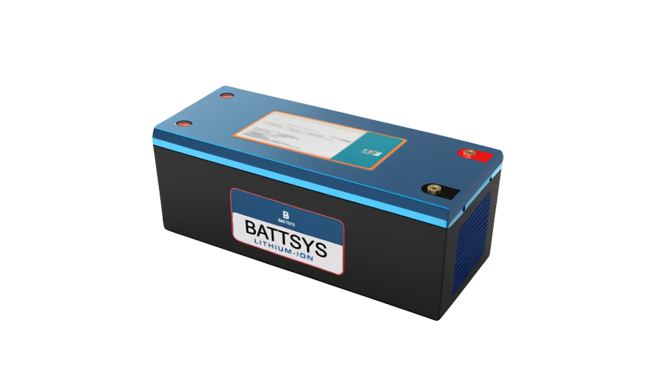Do lithium batteries require a management system (BMS)?
Connecting several lithium batteries in series can form a battery pack, which can supply power to various loads and can also be charged normally with a matching charger. Lithium batteries do not require any battery management system (BMS) to discharge. So why are all lithium batteries on the market equipped with BMS?

The answer is: safety and lifespan
Why do lead-acid batteries (AGM, silicone batteries, deep cycling, etc.) not require a battery management system? The components of lead-acid batteries are less flammable, and if there are problems with charging or discharging, the likelihood of them catching fire is much smaller. When the main reason is related to the behavior of the battery after being fully charged. Lead acid batteries are also composed of battery cells connected in series; If a battery cell charges slightly more than other cells, it will only allow current to pass through while maintaining a reasonable voltage until other cells catch up. In this way, lead-acid batteries will "self balance" during charging.
Lithium batteries are different. The positive electrode of rechargeable lithium batteries is mostly made of lithium-ion materials, and its working principle determines that during the charging and discharging process, lithium electrons will repeatedly run on both sides of the positive and negative electrodes. If the voltage of a single cell is allowed to exceed 4.25V (excluding high-voltage lithium batteries), the anode microporous structure may collapse. Hard crystalline materials may grow and cause short circuits, leading to a rapid increase in temperature and ultimately resulting in fires. When the lithium battery cell is fully charged, the voltage will suddenly rise and quickly reach a dangerous level. If the voltage of a battery cell in a battery pack is higher than that of other cells, during the charging process, this cell will reach the dangerous voltage first, and the overall voltage of the battery pack has not yet reached the full charge value. The charger will not stop charging. Therefore, the battery cell that reaches the dangerous voltage first will pose a safety risk. So, controlling and monitoring the total voltage of the battery pack is not enough for lithium based chemicals, and it is necessary for BMS to check the voltage of each individual cell that makes up the battery pack.
